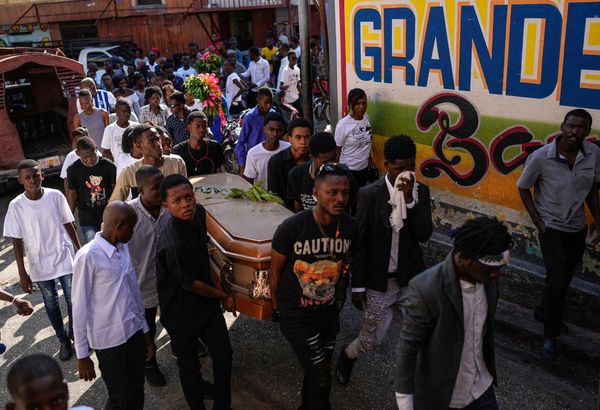
Good morning, Peter Vanham here in Geneva.
Are businesses doing enough to help Maui, Hawaii?
Following news reports from Lahaina, where wildfires destroyed thousands of homes, and killed over 100 people, neither government nor business look all too good, drawing criticism from those affected.
"There's a lack of response, it felt like, from large organizations," one resident told the BBC yesterday, as she was making her way into the disaster area. "Everybody wants the glory but nobody wants to put their feet on the ground," another local told the broadcaster.
What can large businesses do to support? I asked those involved in the Logistics Emergency Team (LET), a group made up of UPS, Maersk, DP World and Agility. LET supports the UN World Food Programme during emergency responses, including in Turkey this year, or Haiti and Ukraine in years prior. Today, two LET-trained team members are in Maui, helping identify needs for its partners.
“My recommendation for most organizations would be to address needs through cash donations to agencies that are active in the disaster,” Joe Ruiz, vice president of social impact at the UPS Foundation and the company's point person at LET, told me over e-mail. Physical support is harder, he said, as “Maui is a very difficult location to reach.”
UPS’s own response consists of "prefunding" the American Red Cross each year so it can to set up shelters in a hurry, and in funding the Salvation Army to support feeding communities on the island. The company also mobilized shipments of N95 masks for the fire department and of Starlink equipment with the American Logistics Aid Network. And it matches any cash donations from its employees on its community connections platform.
As for UPS’s logistics activities, Ruiz said he prefers to take directions from UPS's partner NGO, Red Lightning, which is active on site, rather than to act alone. “Our operations in Maui are helping with deliveries locally,” he said, but “we don’t want to create a disaster within a disaster by sending goods that are unsolicited and—while well intended—are not what is needed right now.”
In sum, the best approach is a balanced one, “meeting urgent relief and supporting long-term recovery efforts." Ruiz said. For this, “organizations like the Center for Disaster Philanthropy are great resources.”
More news below.
Peter Vanham
peter.vanham@fortune.com
@petervanham







